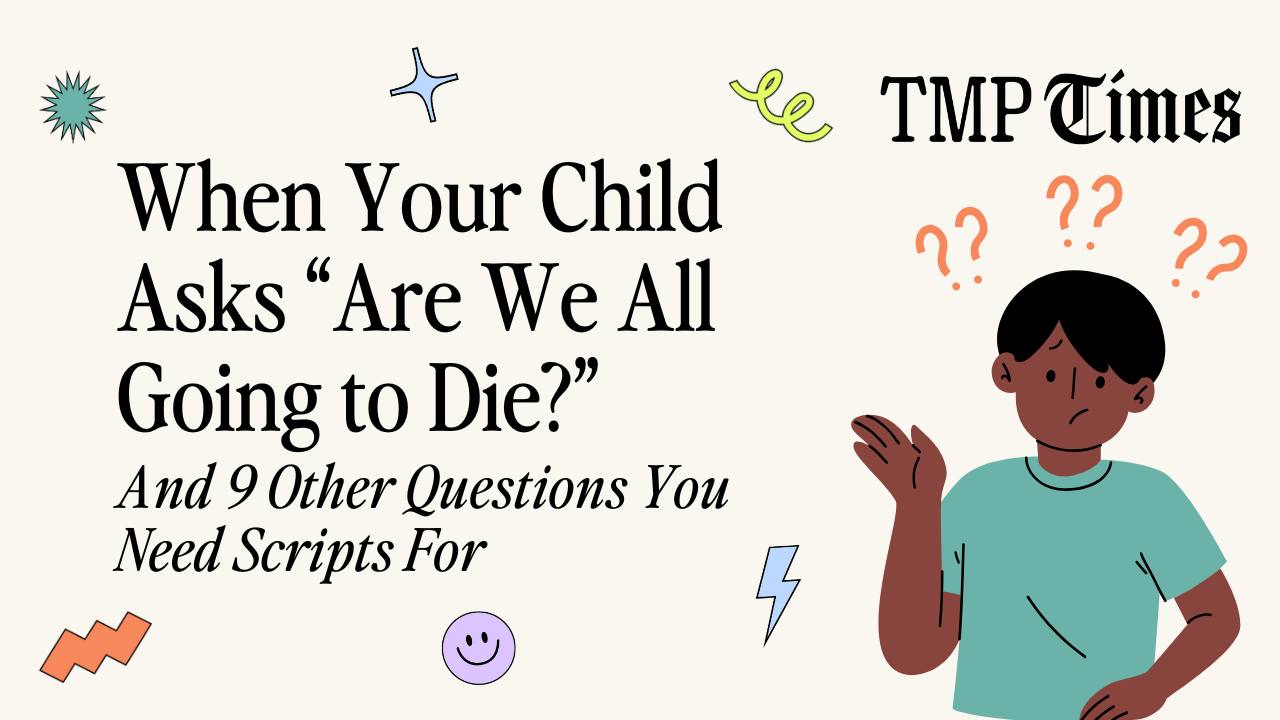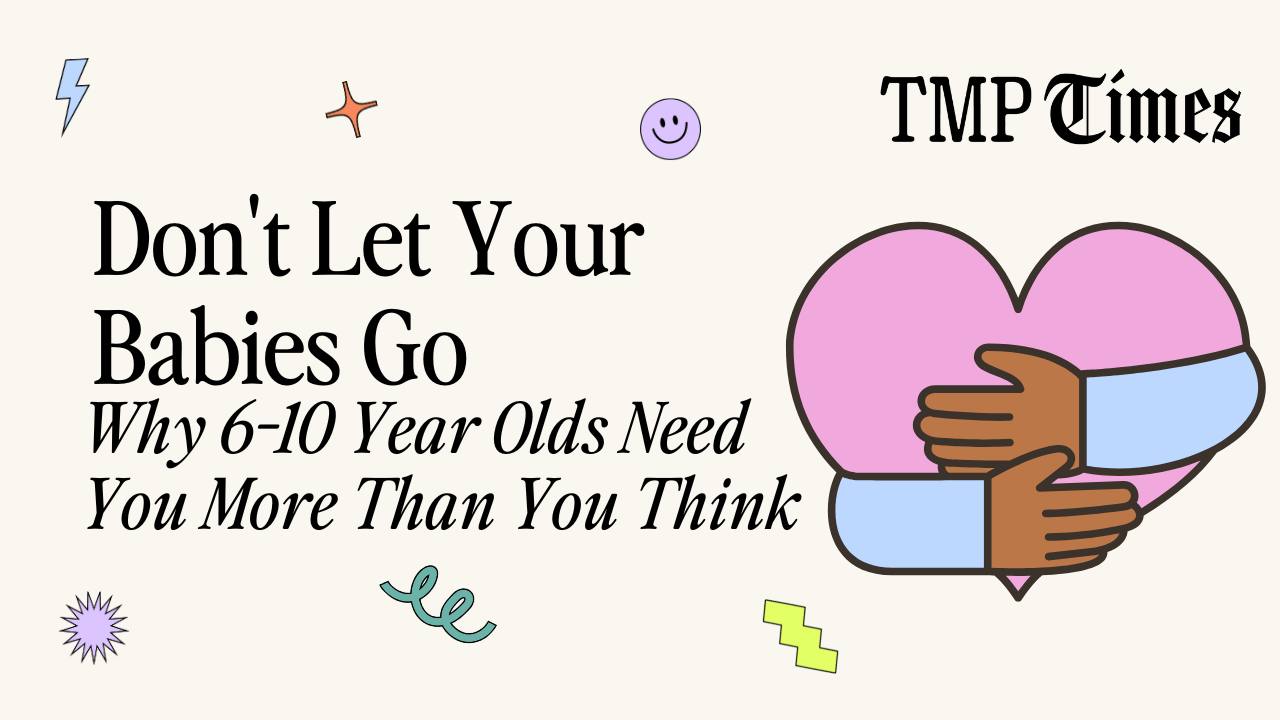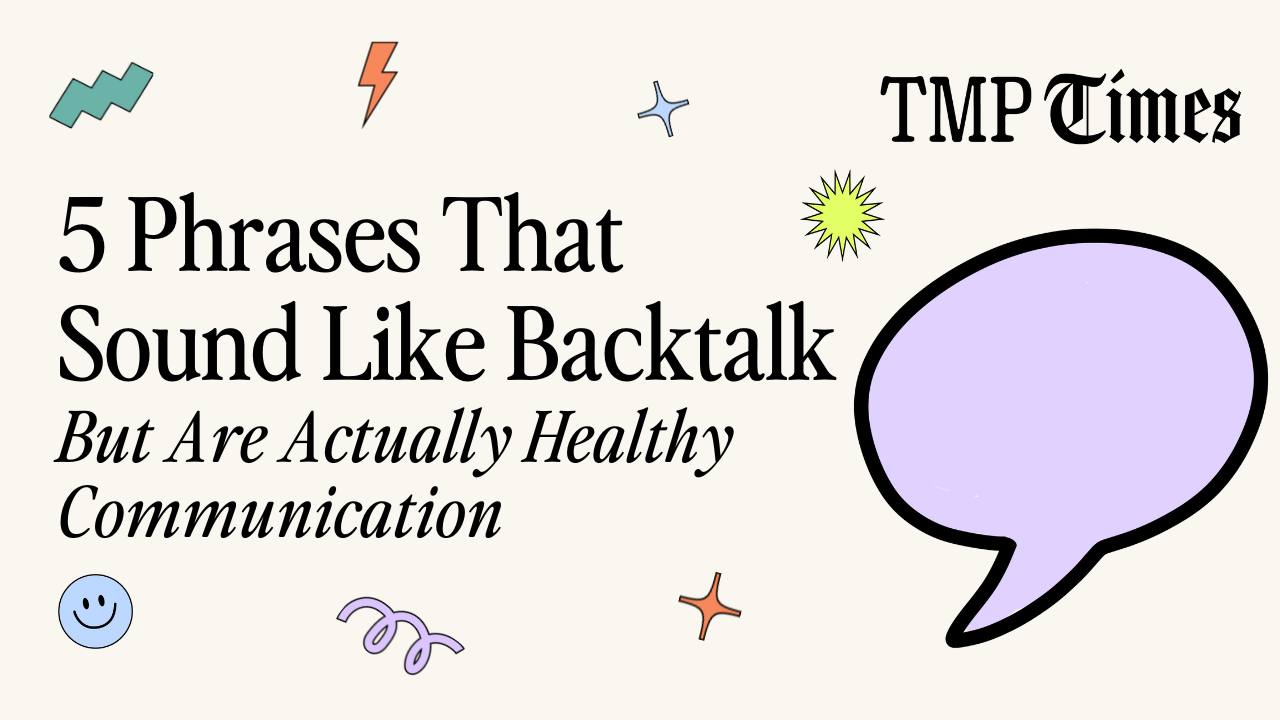When Your Toddler Struggles with the New Baby: Scripts and Strategies for Managing Big Feelings


Sonya stood in her kitchen, trying to feed her 2-month-old while her toddler Elly clung to her leg crying.
"Mama, up! Up!" Elly begged.
Just as Sonya was about to reach down to comfort her, Elly turned and started roughly poking at the baby's feet.
"Gentle touches only!" Sonya reminded her, feeling frustrated and overwhelmed.
“Why is she acting this way? She used to be so sweet with the baby!” Sonya thought to herself.

Today, I'm sharing practical strategies to help you understand and support your toddler through this major life transition, including specific scripts you can use in those tough moments.
In this newsletter, you’ll learn:
- Why your toddler is aggressive with their new sibling
- Quick scripts for common moments
- Exactly what to say and do when your older child gets aggressive with their sibling
- Printable: The Sibling Support Guide: From Regression to Connection

Part 1: Understanding the Why: Your Toddler's World Has Changed
Adding a new baby to the family turns everyone's world upside down, especially your toddler's.

It's messy, it's hard, and it's completely normal.
Key Principles to Remember
1. This is Grief and Change Your toddler isn't just being "difficult" - they're grieving the loss of being the baby and adjusting to massive changes in their world.
The way you interact with them has changed.
Their position in the family has changed.
Everything feels different, and they're trying their best to understand it all.
2. Behavior is Communication When your toddler acts out while you're feeding the baby or starts being rough with their sibling, they're trying to tell you something:
- "I need your attention."
- “I'm confused.”
- "I don't know how to play with this new tiny human."
They're not trying to be mean - they're communicating the only way they know how.
3. Prevention is Key Loading up on one-on-one time when possible, even if it's just 5 minutes, can help fill their attention cup.
Keep special toys or activities for feeding times.
Most importantly, name what's happening before it becomes a problem (more on this below).

Part 2: What to do when your older child gets aggressive with baby (Step-by-Step)
Here's what I often see:
Parent is tending to the baby (e.g., feeding, changing their diaper, playing, etc.), and the toddler starts acting out - maybe throwing toys, maybe trying to climb on mom, maybe being rough with the baby.
The common mistake we all make when our child starts to become aggressive is to focus only on trying to stop the behavior.
We say things like, “Stop! Leave the baby alone! You know better! Gentle hands with the baby!” because we’re stressed, overwhelmed and alarmed by their behavior.
Although we don’t mean to, our reaction gets interpreted as rejection to our older child. This feeling of rejection only worsens aggression and acting out behaviors.
So instead, of immediately rushing to correct the misbehavior, try this:
Step 1: Draw boundaries (through action, not words)
Of course, we want to keep all children safe so we will need to take action by stopping aggressive behaviors.
We can say things like:
- “Gentle hands, please.” and model what this looks like
- “I can’t let you do that.” or “I’ll help keep everyone safe.” while you remove hands from baby.
Oftentimes, though, it’s less about what we SAY and more about what we DO.
In these moments, stay quiet and let your actions speak for you.
Draw boundaries by:
- Standing up if you’re sitting down with baby (and your toddler is getting aggressive).
- Picking up baby (if they’re down on the floor and your older child is getting too rough).
- Moving away until our older child can return to safe, gentle hands and feet.
The common mistake parents make is stopping here. They draw a boundary and then move on.
Yet, in order to create positive change, we have to be intentional about the actions we take after we notice aggressive behaviors.
Here’s what to do next:
[🔓This article is for premium members. Not a premium member yet? Start your free 7-day trial now. ⤵]
 When Your Child Asks “Are We All Going to Die?” (And 9 Other Questions You Need Scripts For)
When Your Child Asks “Are We All Going to Die?” (And 9 Other Questions You Need Scripts For)
 Don't Let Your Babies Go (Why 6-10 Year Olds Need You More Than You Think)
Don't Let Your Babies Go (Why 6-10 Year Olds Need You More Than You Think)
 5 Phrases That Sound Like Backtalk But Are Actually Healthy Communication
5 Phrases That Sound Like Backtalk But Are Actually Healthy Communication

